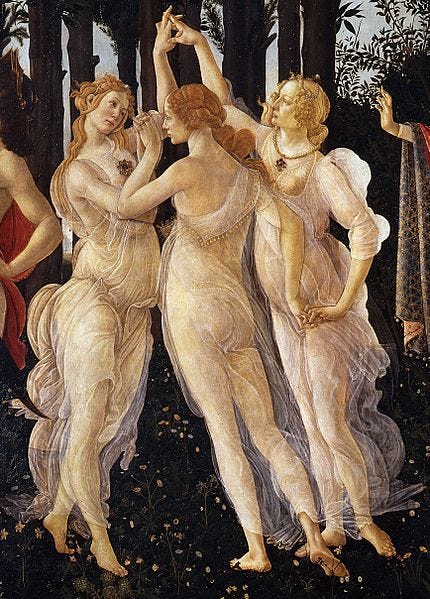Today’s Poem: To the Virgins, to Make Much of Time
Robert Herrick’s pastoral advice to young ladies

As a lyric poet, Robert Herrick (1591–1674) counted himself among the “Tribe of Ben”: literary followers and heirs to the poet and dramatist Ben Jonson, a company that also included Richard Lovelace and Thomas Carew. While most of this Cavalier-poet tribe were courtiers, gathered around the ultimately unfortunate King Charles I, we might think of Herrick as the tribe’s chaplain. Having taken holy orders in 1623, he served as Anglican vicar of Dean Prior, in Devonshire, from 1630 — with a hiatus during the English Civil War and Protectorate, when the reigning Puritans expelled many high-church Royalist clergymen from their parishes — until his death in 1674.
As we might expect, Herrick the clergyman wrote poems on religious themes. His best-known poems, however, the ones that have traditionally appeared as standards in high-school and college English textbooks, to illustrate what is meant by the car…
Keep reading with a 7-day free trial
Subscribe to Poems Ancient and Modern to keep reading this post and get 7 days of free access to the full post archives.



